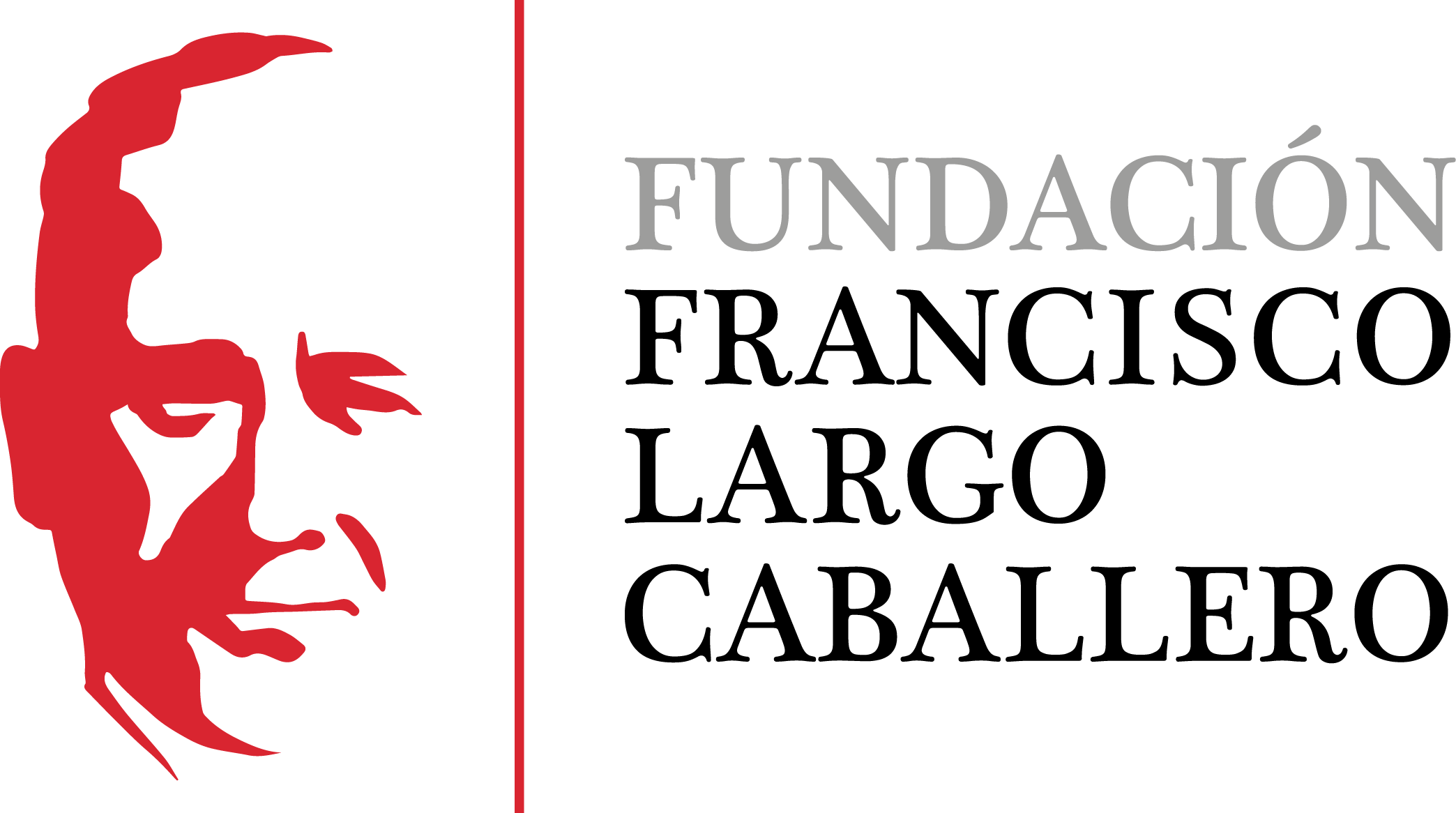The return of the past to parliamentary debate (1996-2003)
DOI:
https://doi.org/10.69791/rahc.220Keywords:
Spain, historical memory, Parliament, elections, political parties, GovernmentAbstract
The most recent changes that undergo the stories about our past of civil war, dictatorship and the transition to democracy, have been very much influenced by the changes in the relationship of power between the two main political parties throughout the country, that put an end to the long period of socialist government in the elections of March, 1996. Since the formation of the government of the Partido Popular, the debates over the past have been of the utmost importance in the political agenda and have filled thousands of pages in the report of proceedings in the Cortes Generales. This article tries to analyse the contents of the parliamentary debates and to explore the strategies and the interests set in motion that allow to understand the intensity of this singular phenomenon such as it took place in the Congreso of Diputados during the two legislatures with a majority —relative in the first one and absolute in the second— of the Partido Popular.
Downloads
Global Statistics ℹ️
|
56
Views
|
33
Downloads
|
|
89
Total
|
|
Downloads
Published
How to Cite
Issue
Section
License
Copyright (c) 2010 Santos Juliá

This work is licensed under a Creative Commons Attribution 4.0 International License.
Alcores is an open-access journal. It provides unrestricted access to its content from the moment of publication. We respect intellectual property rights, and for this reason, the author retains the copyright. All content is distributed under a Creative Commons Attribution 4.0 International (CC BY 4.0) license. The terms of the license can be consulted at: https://creativecommons.org/licenses/by/4.0/
This license allows sharing (copying and redistributing the material in any medium or format) and adapting (remixing, transforming, and building upon the material for any purpose), provided that authorship and first publication in this journal are properly credited, a link to the license is included, and any changes made are indicated.
This type of license facilitates the freedom of reuse and ensures that the content of this journal can be used to meet research needs.





